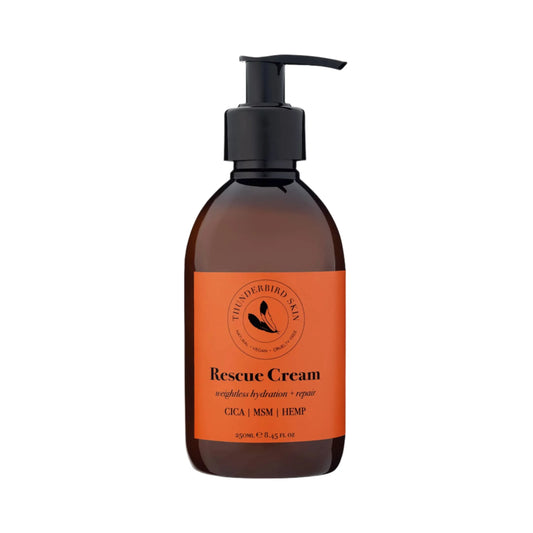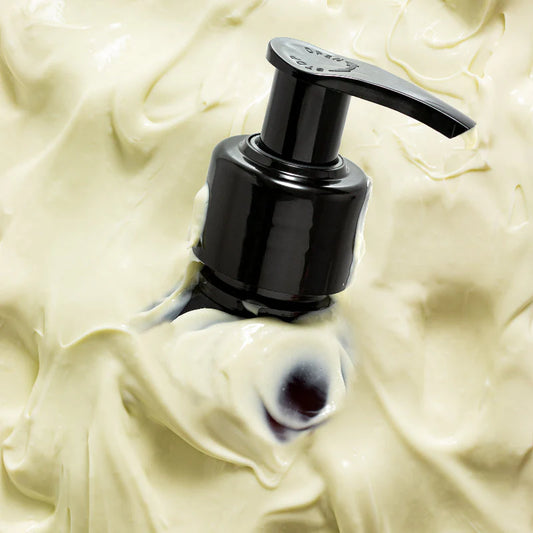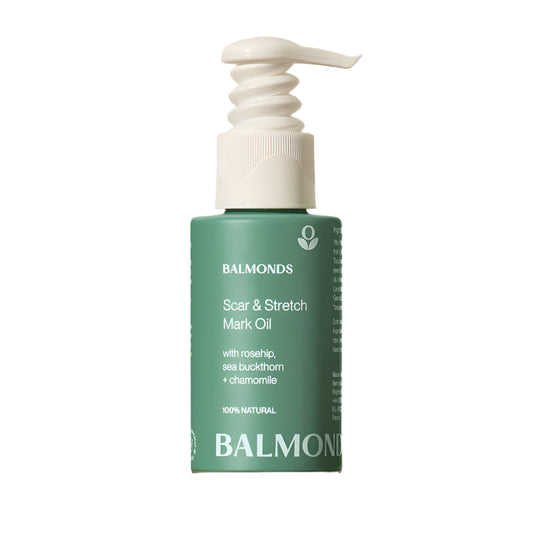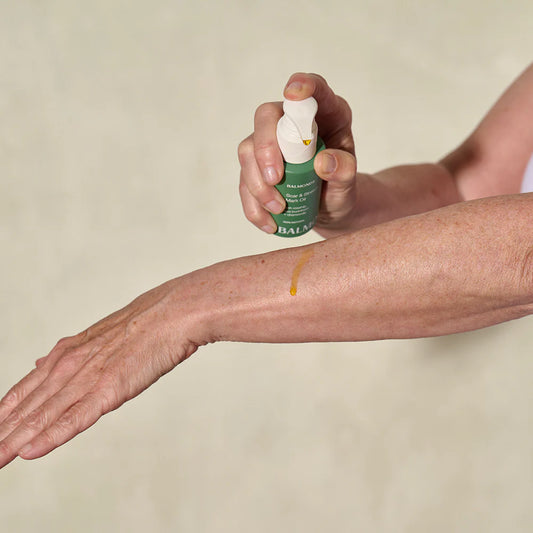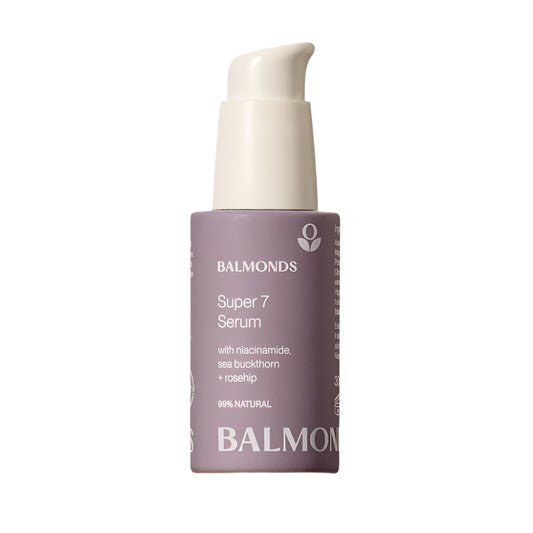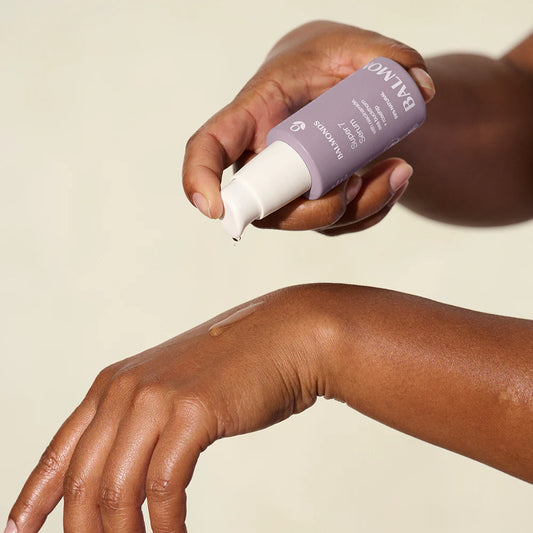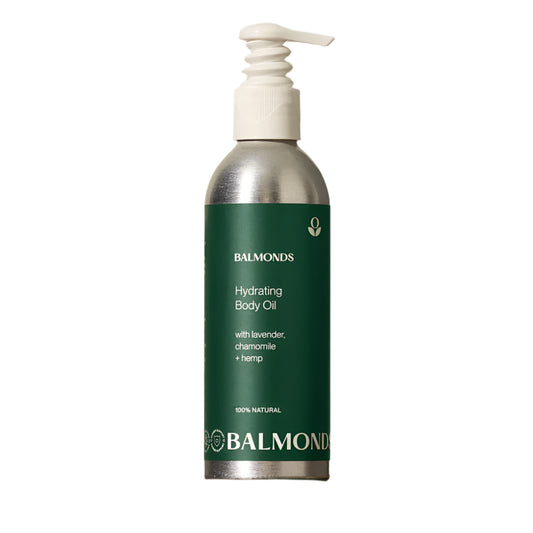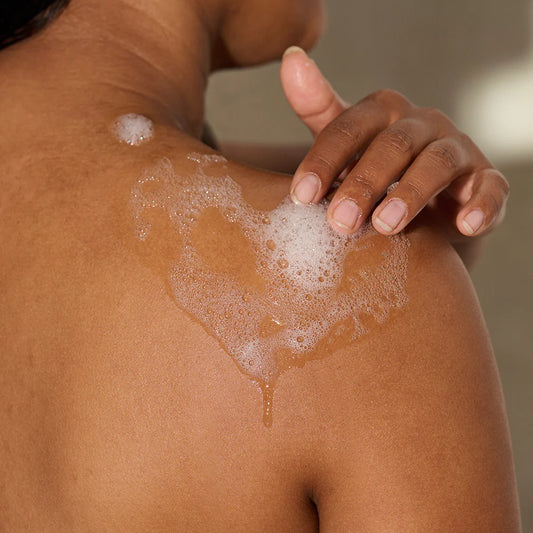
Can Natural Skincare Expire? What to Look for and How to Make It Last
Share
In recent years, natural skincare has surged in popularity as consumers seek out products that are free from synthetic chemicals, artificial fragrances, and preservatives. However, one of the biggest concerns with natural skincare is its shelf life. Without the strong preservatives found in conventional products, does natural skincare expire faster? And how can you tell when it has gone bad? This guide will help you understand how to determine if your natural skincare products are still safe to use and how to extend their shelf life.
Does Natural Skincare Expire?
Yes, natural skincare products do expire. Like food, skincare products containing natural ingredients degrade over time. This is especially true if they lack synthetic preservatives. While many natural products use alternatives such as vitamin E, rosemary extract, or grapefruit seed extract to extend shelf life, these options are generally not as strong as artificial preservatives like parabens or phenoxyethanol.
The shelf life of a natural skincare product depends on several factors, including:
- Ingredients: Products with water-based ingredients, such as creams and lotions, spoil faster than oil-based formulations.
- Packaging: Airless pumps and dark glass bottles protect products better than jars, which expose contents to air and bacteria.
- Storage Conditions: Heat, light, and humidity can accelerate spoilage.
How to Tell If Your Natural Skincare Has Expired
Knowing when your natural skincare has expired is crucial for maintaining healthy skin. Here are some signs to watch out for:
1. Changes in Smell
One of the easiest ways to tell if a product has expired is by its scent. If your cream, oil, or serum has developed a rancid, sour, or off-putting smell, it’s a strong indicator that the product has gone bad.
2. Changes in Texture or Separation
If your lotion has separated into different layers, or your cream has become lumpy or grainy, it may have expired. While some separation can be normal (especially with natural oils), excessive changes in texture often indicate spoilage.
3. Changes in Colour
Natural ingredients can oxidise over time, leading to noticeable changes in colour. For instance, a vitamin C serum may turn yellow or brown, while a green clay mask may lose its vibrancy. These changes often indicate that the active ingredients are breaking down.
4. Mould or Bacterial Growth
If you see visible mould, black spots, or any fuzzy growth, discard the product immediately. Mould and bacteria can cause skin irritation, infections, or allergic reactions.
5. Skin Reactions
If a product that once worked well for you suddenly causes irritation, redness, or breakouts, it may have degraded. Expired products can have altered pH levels or bacteria that negatively impact your skin.
Typical Shelf Life of Natural Skincare Products
While expiration dates vary, here is a general guideline for how long natural skincare products last:
- Face and body oils: 6–12 months (longer if stored properly)
- Water-based creams and lotions: 6–12 months
- Face masks (especially clay-based ones): 6–12 months
- Serums (especially vitamin C or botanical extracts): 3–6 months
- Balms and butters: 1–2 years (if stored correctly)
- Cleansers: 6–12 months
Always check the packaging for a PAO (Period After Opening) symbol, which looks like an open jar with a number inside, indicating how many months the product remains safe after opening.
How to Extend the Shelf Life of Your Natural Skincare
Although natural skincare has a shorter shelf life than conventional products, you can take steps to prolong its usability:
1. Store in a Cool, Dark Place
Heat and sunlight accelerate the breakdown of natural ingredients. Store products in a cool, dry place away from direct sunlight.
2. Use Clean Hands or Spatulas
Dipping fingers into jars introduces bacteria, which speeds up spoilage. Use a spatula or scoop instead of your fingers.
3. Keep Lids Tightly Closed
Exposure to air can lead to oxidation, reducing the product’s effectiveness. Always close lids tightly after use.
4. Refrigerate When Necessary
Some natural products, like vitamin C serums, probiotic skincare, and aloe vera gels, last longer when stored in the fridge.
5. Look for Airless Packaging
Airless pumps reduce exposure to oxygen and bacteria, extending the shelf life of sensitive formulations.
Conclusion
Natural skincare products offer incredible benefits for your skin, but they do require extra care to ensure they remain effective and safe to use. Always check for signs of spoilage, follow best practices for storage, and be mindful of expiration dates. By taking these precautions, you can enjoy the benefits of natural skincare while avoiding the risks of using expired products.

